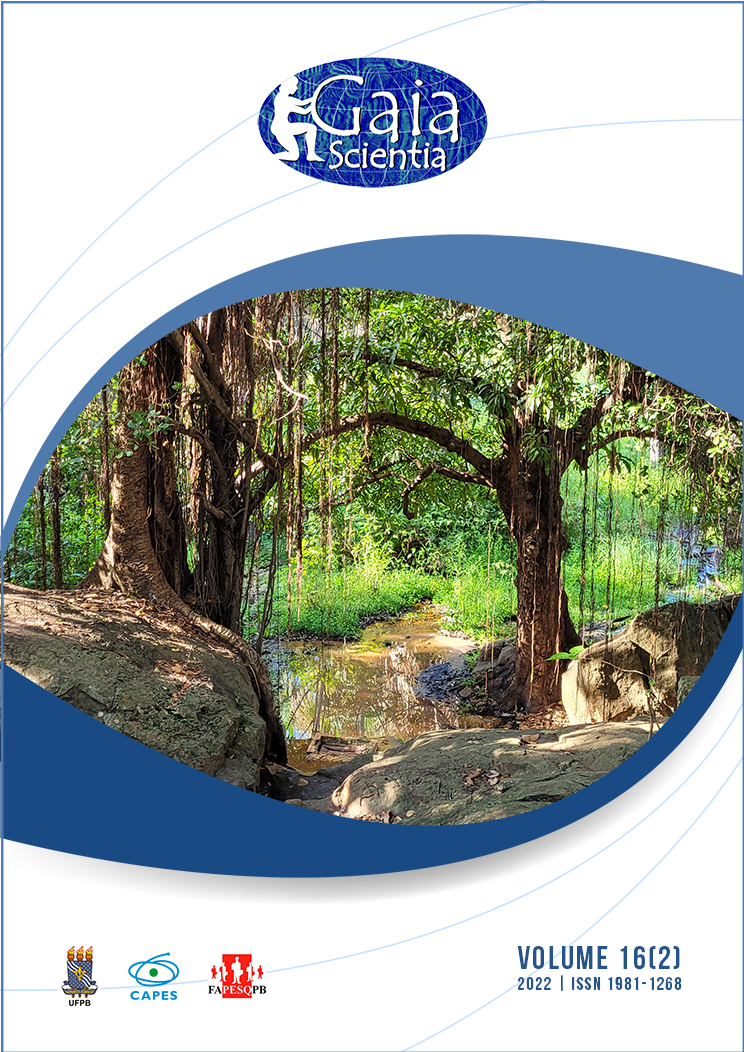(Un)sustainable urban mobility in southern João Pessoa, PB
DOI:
https://doi.org/10.22478/ufpb.1981-1268.2022v16n2.62661Abstract
Although the relevance of objectives related to sustainable mobility in current urban agendas is clear, in practice, the advance of urban sprawl over peri-urban areas, poorly served by road infrastructure and public transport, reveals ineffective mobility systems that are increasingly focused on the use of car. This article aims to analyze urban mobility in the southern portion of João Pessoa, PB, a recent target of intense real estate construction, focused on low-cost housing. Bibliographic research was centered on sustainable urban mobility and its forms of analysis, complemented by documental and field research. As a result, six aspects related to urban mobility were listed, from which it was realized that public transport in the area is restrictive in regard to supply and frequency; sidewalks, bus stops and terminals do not have adequate conditions of comfort and accessibility, and cycle lanes are disconnected from the general cycleway network and local terminals, demonstrating that urban agendas and legislation are ineffective concerning integrating mobility into territorial planning or implementing public policies that promote access to the city, providing fairer, more inclusive, moreefficient and, therefore, more sustainable urban mobility systems.










